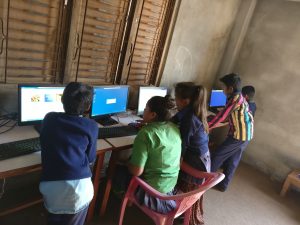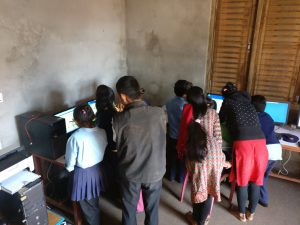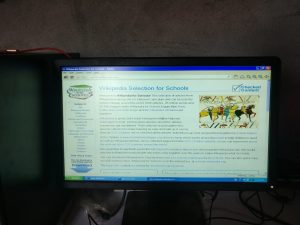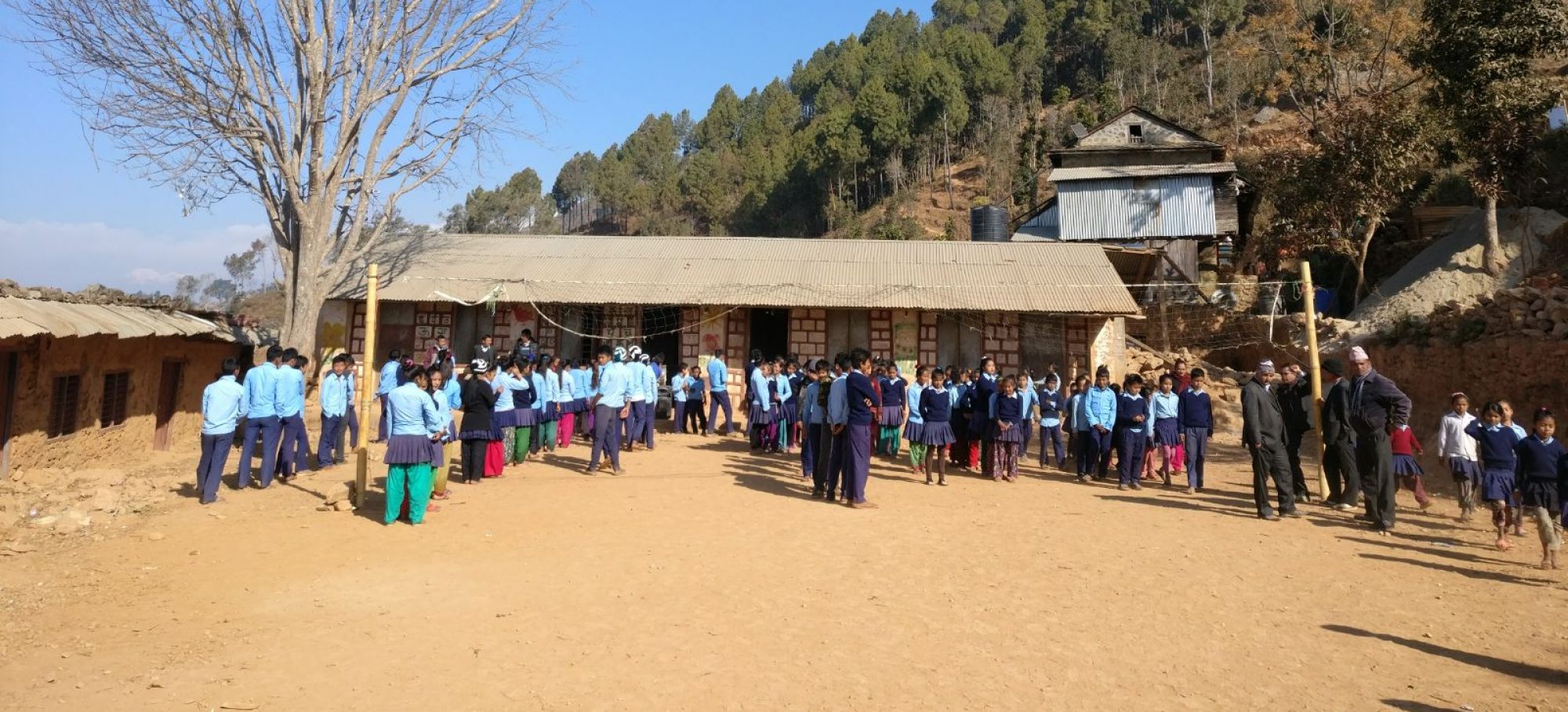The aims of this project are to bring computers to schools in rural villages and/or to train teachers as well as students in using, maintaining and repairing computers.

In the earthquake, the computer labs in many schools were destroyed. In many cases, all hardware was destroyed by the collapsing building and so one goal here is to collect used computers and bring them to the respective schools. If you can collect one or two old out-dated laptops in your home country and bring them with you to Kathmandu, we are happy to pick them up and place them at a school in need. You are cordially invited to join us for the delightful experience of handing it over to the school. However, if you do not wish to be involved otherwise but can donate an old laptop that’s highly appreciated. Please note the only requirement: it has do be a laptop with enough battery life to shut it down safely during the frequent power cuts. For this reasons, we cannot use desktop computers. There’s no other requirements, system or hardware wise, as most schools do not even have internet access. Any 10 year old laptop that can run Word or Paint will be most welcome for the kids to practice on.
Intriguingly, we also found that in many schools most computers could be repaired easily but none of the teachers or locals knew how. Instead of only donating new computers to the schools, we thus aim to create an learning environment which enables the schools to self-sustain their computer labs and embraces both, the use of computers for every-day tasks and the ability to understand the technical aspects. For the kids, it is great fun to be taught how a computer works and can be fixed. Understanding the technical background and being able to maintain the hardware is a incredibly useful (and currently very rare) skill for the kids as well as the schools.

We furthermore use the following software to create an source of information especially in those regions without Internet access or libraries:
- offline versions wikipedia (see www.kiwix.org for its relevance for education in rural areas)
- books of the Gutenberg project (www.gutenberg.org)
- office software (Microsoft Office, Open Office)

Kiwix for schools
While this project does benefit from volunteers with solid background in computer hardware and software installation, who can help fix and maintain the devices while they are there, clearly anyone is welcome to join. The kids need to be trained in basic use of a computer and, importantly, extracting information for their individual use from Wikipedia. This is usually a very synergistic combination with English lessons at the same school.
We have to point out that – in our experience- the absence of internet and the frequent power cuts in the regions can challenge your patience and improvising skills… but you will be rewarded with many good MacGyver moments while you’re volunteering in Nepal.

